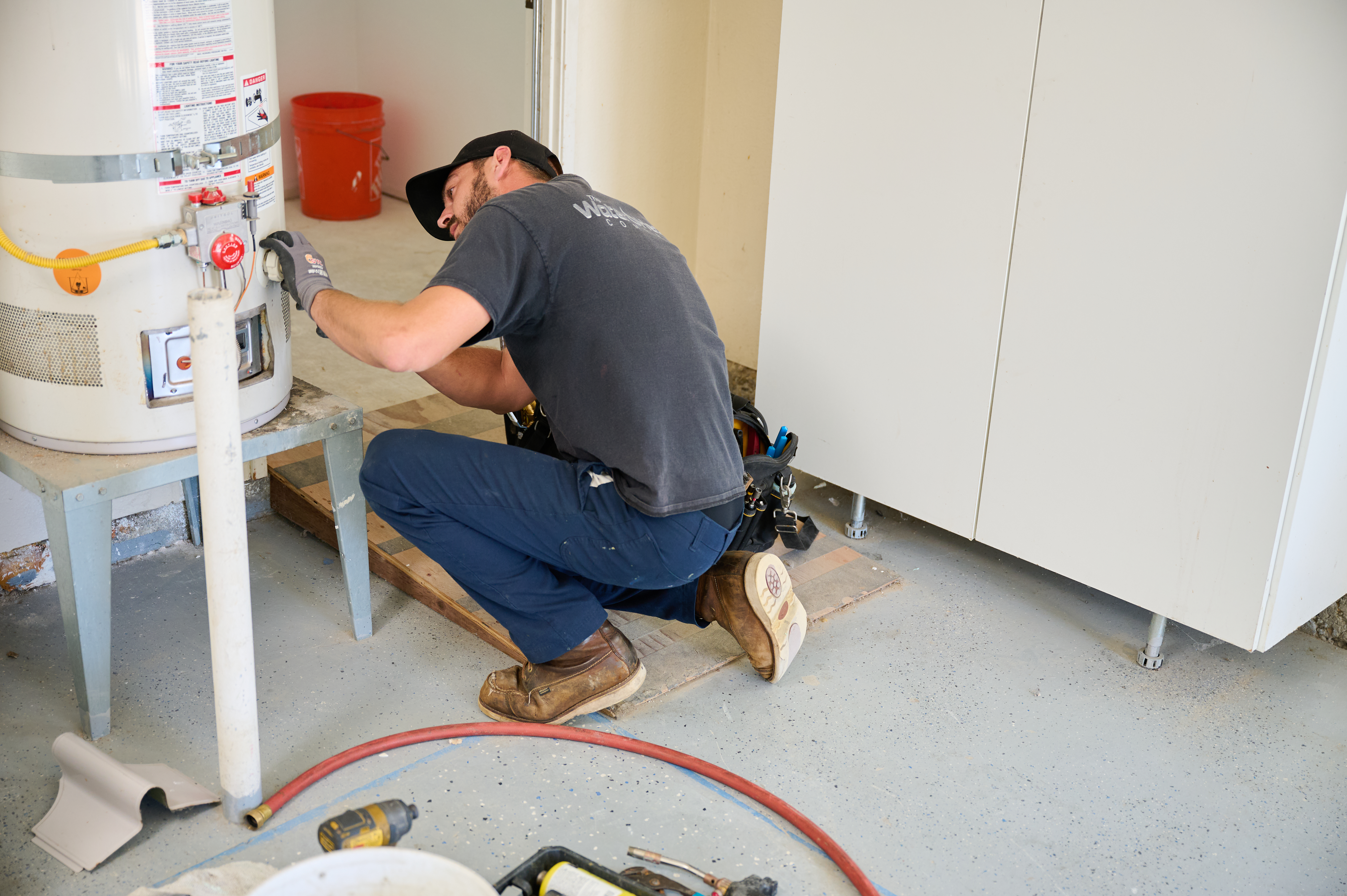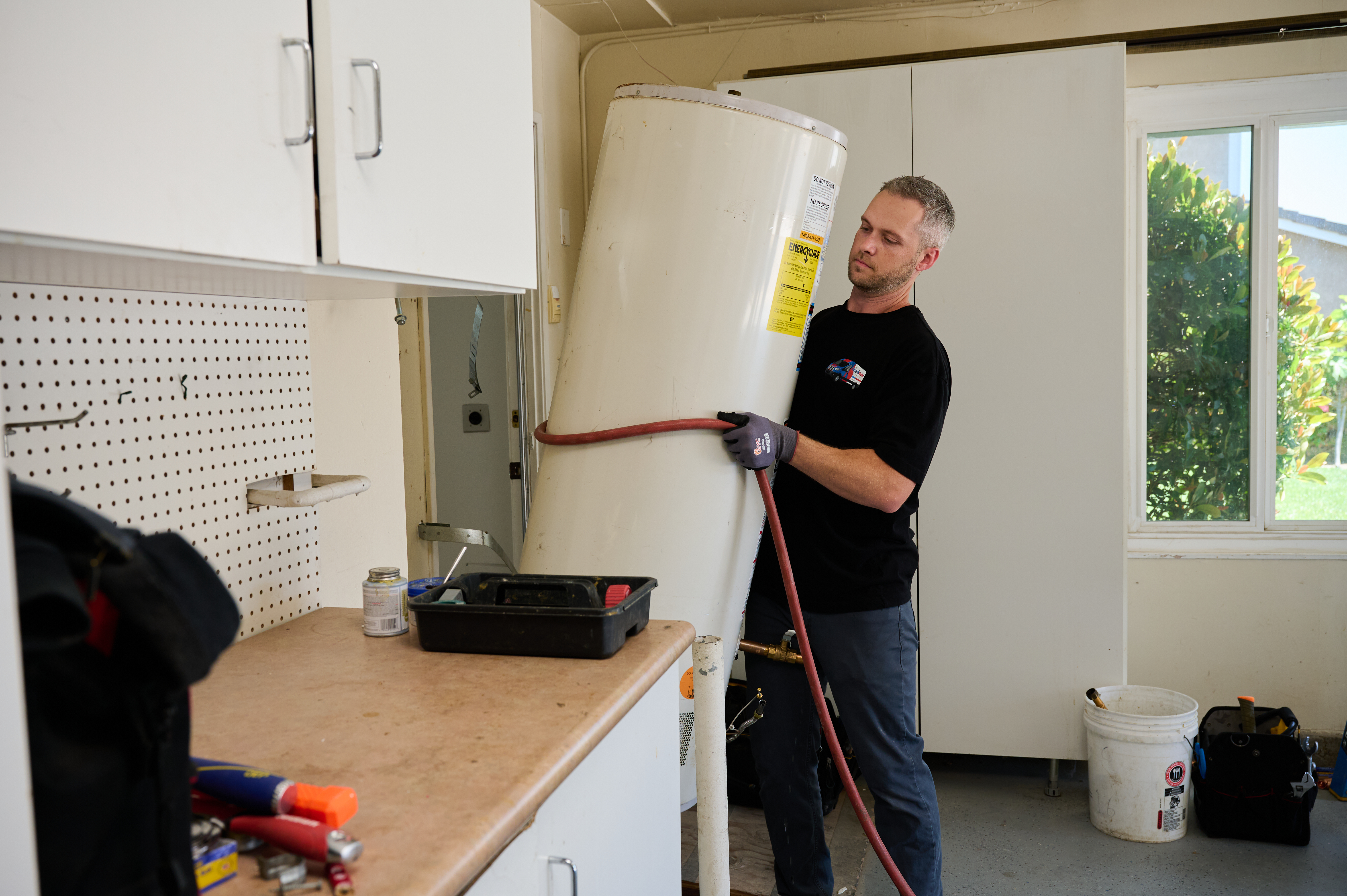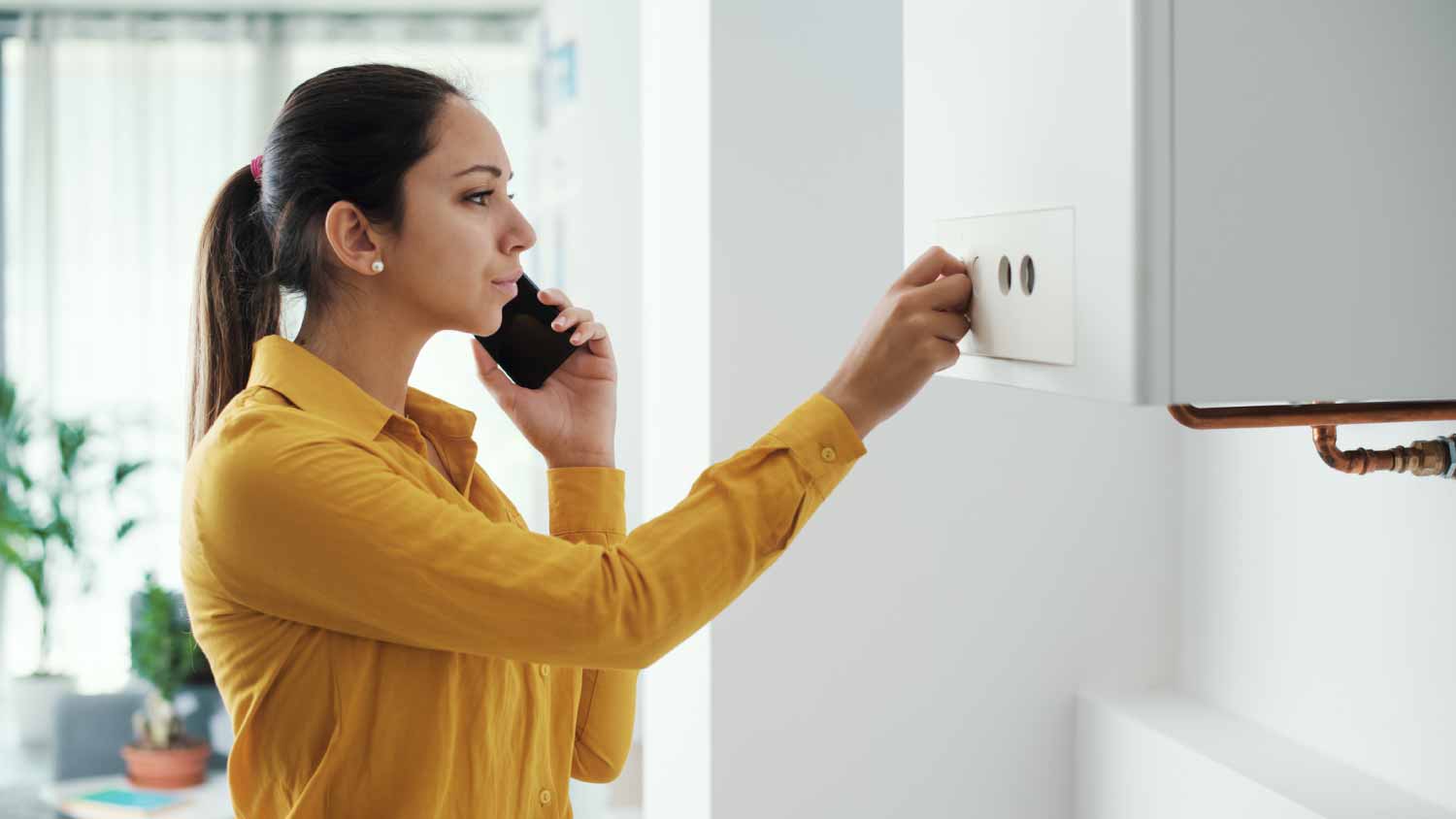
Tankless water heater costs in Columbus, OH depend on the size of your water heater, location, fuel type, and more. Keep reading to calculate your expenses.
Don’t get burned—what to ask a heating expert


An HVAC home improvement project is not something to DIY. You’ll want to reach out to a technician who can help with installation and routine boiler and radiator maintenance. A qualified local HVAC pro can walk you through the process and help you pick the right system for your home. Here are five key boiler and radiator questions to discuss with your service provider.
Before you start boiler and radiator installation, your local HVAC pro will need to know specifics about the location of the heating system in your home. These are some questions to address:
What type of energy does your heating system currently use?
Where is your boiler located?
Where are your radiators located?
Do you have insulation in your home?
Do you use zoned heating?
Your contractor will need to know what kind of system you’re looking to install because it impacts the installation process. Based on the energy source used, some systems have different regulations. Boilers can use natural gas, oil, propane, or electricity. The different types of radiators include steam, hot water, or electric radiators. Note that some radiators may require a boiler, while others do not. Check that your location is compatible with the type of system you plan to install.
Before your HVAC professional can install a heating system, they’ll need to know the size of the space you plan to heat. For the average 2,000-square-foot house, look for a boiler with a capacity of 60,000 BTU. Similarly, your contractor will need to size your radiators so each room gets the right output.
HVAC installation has a lot of regulations, especially regarding gas line installation and venting. If you plan to install a gas boiler, you’ll need a gas hookup. There are some instances—moving your gas boiler or switching to gas from another energy source, for instance—where you’ll need to install new gas lines.
Similarly, since most boilers burn some type of fuel, your contractor may want to know if you have a flue or need to install one. A flue vents byproducts such as carbon monoxide outside the home where it can dissipate safely.
Your contractor will need to shut off the utilities while working on the boiler, so it can cause a disruption. To properly prepare, discuss the timeline with your contractor by asking the following questions:
When will you arrive to start the project?
When do you expect to finish the project?
What happens if you hit a snag that causes delays?
Wondering which type of furnace to install? According to Angi data, 58% of customers have a natural gas furnace and 77% want to add one to their home. Other popular furnace options include propane gas, electric, and oil.
Talk with your furnace installer about the best choice for your home.
From average costs to expert advice, get all the answers you need to get your job done.

Tankless water heater costs in Columbus, OH depend on the size of your water heater, location, fuel type, and more. Keep reading to calculate your expenses.

Looking to replace or upgrade your water heater? Use this water heater replacement cost guide to see what the work will cost and what factors affect your total.

A water heater flush costs $160 on average but can vary based on the unit size, type, labor, location, and more. Keep reading to learn how much you could pay.

Not getting enough hot water? Here's how to check the hot water heater for problems and what you can do to fix it.

Common causes for a water heater that keeps tripping a breaker include a damaged heating element or thermostat. Keep reading to find out other common reasons.

If your showers are lukewarm, you could have a water heater issue. This guide explains how to replace a water heater element to solve the problem.